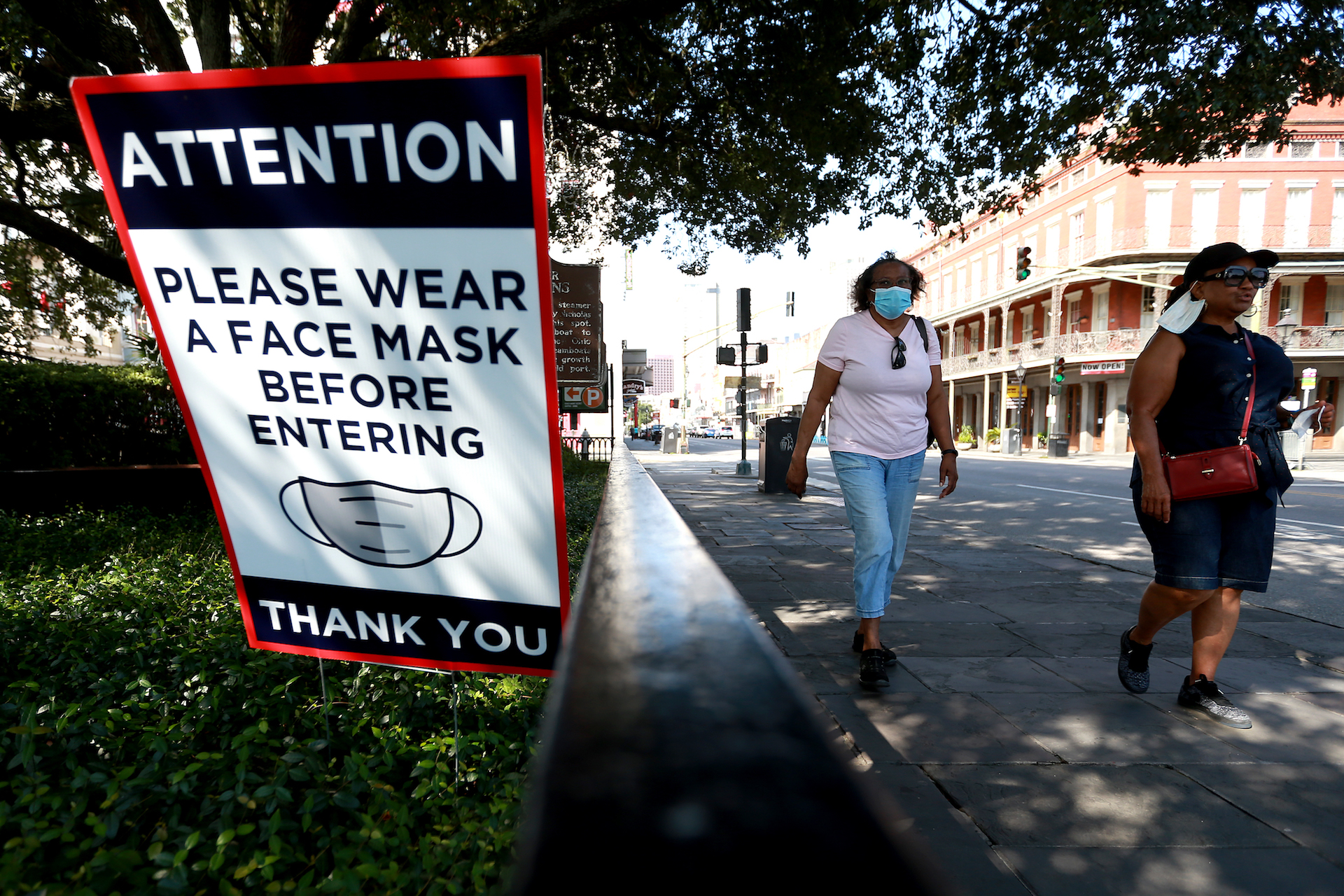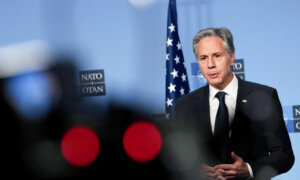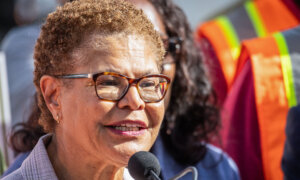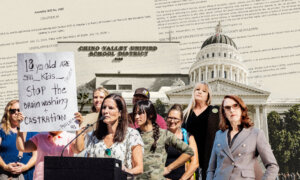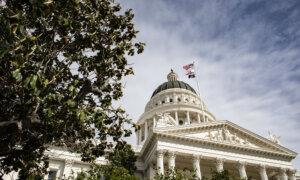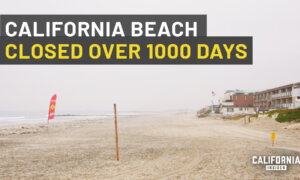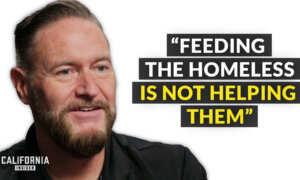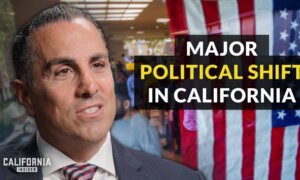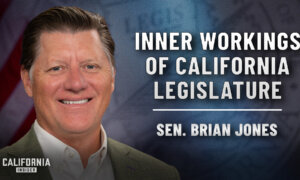Americans remain cautious about scientists’ involvement in public policymaking, according to a new survey, which shows that overall trust in scientists has ticked up slightly this year, but it still falls far short of pre-pandemic levels.
The erosion of public trust in scientists in the aftermath of COVID-19 has barely recovered, according to a Pew Research Center survey conducted in late October and published on Nov. 14.
The research shows that 76 percent of Americans express a great deal or a fair amount of confidence in scientists acting in the public’s best interests. While this marks a modest increase from 73 percent a year ago, it remains well below the 87 percent recorded just before the onset of the pandemic in April 2020.
The post-pandemic decline of trust has been accompanied by increased public skepticism about scientists’ involvement in policymaking.
The survey reveals a near-even split on the issue: 51 percent of Americans believe scientists should actively participate in debates on public policy, while 48 percent think they ought to stick to establishing sound scientific facts and refrain from getting involved in policymaking.
By comparison, there was considerably more support for scientists’ involvement in public policymaking before the pandemic, when 60 percent of Americans believed scientists should take an active role in public policy matters while 39 percent felt they should stay out and stick to doing science.
Studies suggest that the persistent decline in trust is rooted in a combination of factors, including public frustration with inconsistent health messaging during the pandemic, concerns about scientists’ personal biases and distortive incentives like sources of funding, as well as the broader impact of political polarization, an overwhelming volume of information, along with the media’s focus on sensationalism.
“Many people question the extent to which scientists’ values align with their own and whether scientists and presumably the structures in place protect scientific research from human error and bias,” wrote the authors of a March 2022 study published in the Proceedings of the National Academy of Sciences (PNAS).
The study recommends that scientists prioritize transparency, such as disclosing their funding sources, and remain open to changing their conclusions based on new evidence in order to rebuild public trust.
While the Pew survey shows that scientists continue to enjoy higher confidence levels compared to other institutions, such as journalists, elected officials, and business leaders, their influence in the public policy arena remains contested.
Public opinion on the quality of scientists’ policy decisions is also lukewarm. Fewer than half (43 percent) of Americans believe scientists make better policy decisions on scientific issues than other people do, and only half think scientists base their judgments solely on facts.
